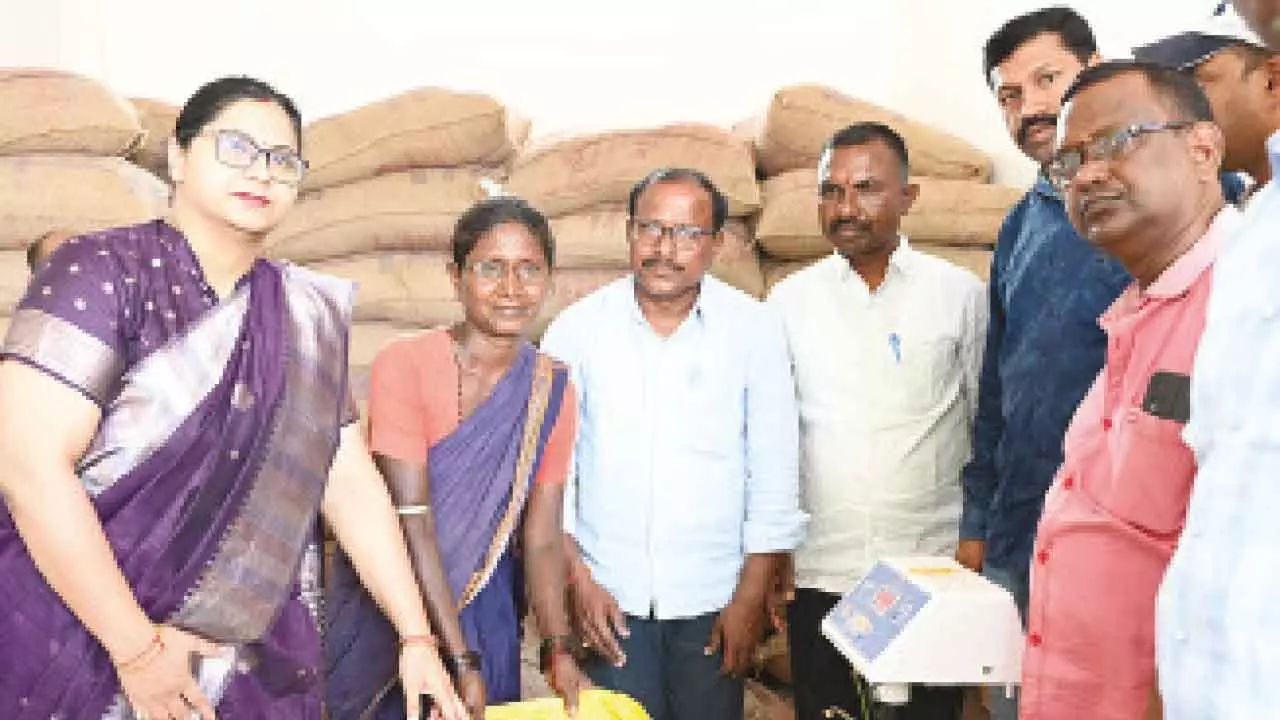Farmers in Telangana are noticing a change in cultivation trends. They believe that the government’s commitment to buying paddy has led to a decrease in the cultivation of pulses. The high prices of pulses, such as Tur dal and Moong dal, are causing concern among farmers. They attribute the decline in pulse cultivation to unfavorable weather conditions, minimum support price regulations, and a shortage of labor.
According to a senior official in the Department of Agriculture, the delayed onset of the monsoon is a major factor affecting farmers’ decision to cultivate pulses. However, individual farmer preferences also play a role, as more farmers are choosing to cultivate paddy and cotton crops instead.
The Agriculture Department reports that pulse cultivation is significantly below normal levels. Redgram was sown on 4.57 lakh acres, while green gram and black gram occupied 0.52 lakh acres and 0.19 lakh acres, respectively. On the other hand, crops like paddy, maize, and cotton benefitted from abundant rainfall in July.
The government’s commitment to buying crops has led many farmers to shift towards paddy cultivation. This policy is proving advantageous for farmers, according to Prof. Jayshankar Telangana State Agricultural University.
Adverse weather conditions, including untimely rainfall and early winter fog, have also contributed to the decline in pulse cultivation. Additionally, farmers struggle to secure a fair price for their pulse yields after harvest, which further demotivates them from engaging in pulse farming. The shortage of labor during the crucial harvesting period adds to the challenges faced by farmers.
In conclusion, the cultivation of pulses in Telangana is decreasing due to various factors including government policies, unfavorable weather conditions, and difficulties in securing a fair price and labor.











